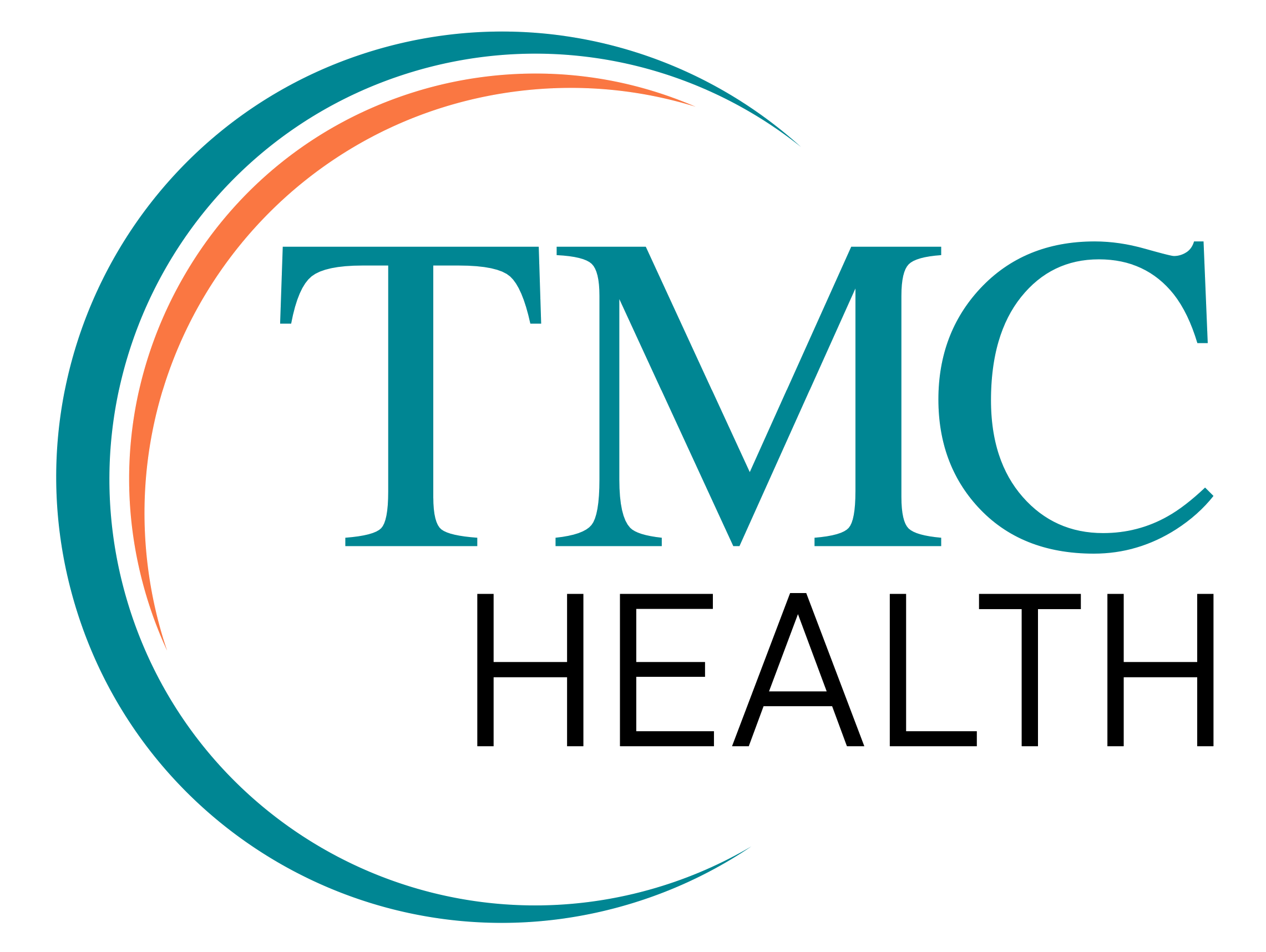Job Description
Tucson Medical Center in Arizona is seeking a Program Coordinator to launch and oversee our new Geriatric Program. We are looking for a seasoned Clinical Nursing Specialist, ACNP, or RN with inpatient experience, a strong background in geriatric care, and a proven track record of developing and managing programs.
SUMMARY:
Serves as clinical expert in the diagnosis and treatment of illness, and the delivery of evidence-based nursing intervention. Additionally, CNSs are clinical experts in executing delegated medical regimens associated with the diagnosis and treatment of disease for a specialty population. CNSs focus and apply knowledge to nursing assessments, diagnoses, and interventions, and the design of innovations. CNSs provide theory and evidence-based care to patients/clients in their attainment of health goals. CNSs work with other nurses to advance their nursing practices and improve outcomes and provide clinical expertise to effect system-wide changes to improve programs of care.
ESSENTIAL FUNCTIONS:
· Assess Needs and Resources
o Conduct a Needs Assessment: Review hospital data (admissions, complications, readmissions, falls, delirium rates, etc.) to identify gaps in geriatric care.
o Inventory Resources Identify existing staff expertise, equipment, and community resources.
o Engage Stakeholders: Include hospital leadership, physicians, nurses, social workers, therapists, pharmacists, and patient/family representatives.
· Define Program Goals and Scope
o Set Clear Objectives: Examples—reduce delirium, decrease falls, improve functional outcomes, enhance patient satisfaction.
o Determine Scope: Will the program focus on all older adults, or specific high-risk groups (e.g., those over 75, with dementia, etc.)
· Develop Multidisciplinary Team
o Recruit Team Members: Geriatricians, palliative care physicians, nurses, pharmacists, therapists, social workers, case managers, and volunteers.
o Clarify Roles: Define each team member’s responsibilities in geriatric assessment, care planning, and follow-up.
· Create Standardized Protocols and Pathways
o Develop Protocols: For geriatric assessment, delirium prevention, fall prevention, medication review, discharge planning, etc.
o Use Evidence-Based Tools: Incorporate tools like the Confusion Assessment Method (CAM), Beers Criteria, Morse Fall Scale, etc.
o Integrate into EMR: Build checklists and order sets into the electronic medical record for ease of use.
· Education and Training
o Staff Education: Provide ongoing training on geriatric syndromes, communication, mobility, medication safety, and dementia care.
o Family/Caregiver Education: Offer resources and training for families on caring for older adults.
· Implement Pilot Program
o Start Small: Pilot the program on one unit to test workflows and protocols.
o Collect Feedback: Regularly meet with frontline staff to identify barriers and successes.
· Monitor, Evaluate, and Refine
o Track Metrics: Monitor outcomes such as falls, delirium, length of stay, readmissions, patient/family satisfaction.
o Quality Improvement: Use data to refine protocols and expand successful components hospital-wide.
· Ensure Sustainability
o Secure Leadership Support: Demonstrate value through outcomes and cost savings.
o Ongoing Education: Maintain regular training and updates.
o Continuous Improvement: Adapt program as new evidence and hospital needs evolve.
· Foster a Geriatric-Friendly Culture
o Promote Age-Friendly Care: Encourage age-friendly principles (e.g., the “4Ms”: What Matters, Medication, Mentation, Mobility).
o Recognition Programs: Pursue designations such as “Age-Friendly Health Systems” or “NICHE” (Nurses Improving Care for Healthsystem Elders).
· Build Community Partnerships
o Connect with Community Resources: Link patients and families to home health, rehabilitation, senior centers, and social services for post-discharge support.
Adheres to and supports team members in exhibiting TMCH values of integrity, community, compassion, and dedication.
Adheres to TMCH organizational and department-specific safety, confidentiality, values, policies and standards.
Performs related duties as assigned.
MINIMUM QUALIFICATIONS:
EDUCATION: Master’s degree in Nursing with a clinical specialty.
EXPERIENCE: Five (5) years of clinical experience in a Clinical Nursing Specialist role in an acute care setting and five years (5) of RN or NP experience in area of specialty.
LICENSURE OR CERTIFICATION: Must have and maintain a current Arizona state license as Registered Nurse. Must be able to meet qualifications for recognition as a Clinical Nurse Specialist in Arizona by the AZ State Board of Nursing. Must obtain and maintain current certification in Basic Life Support (BLS) and Advanced Cardiac Life Support (ACLS).

